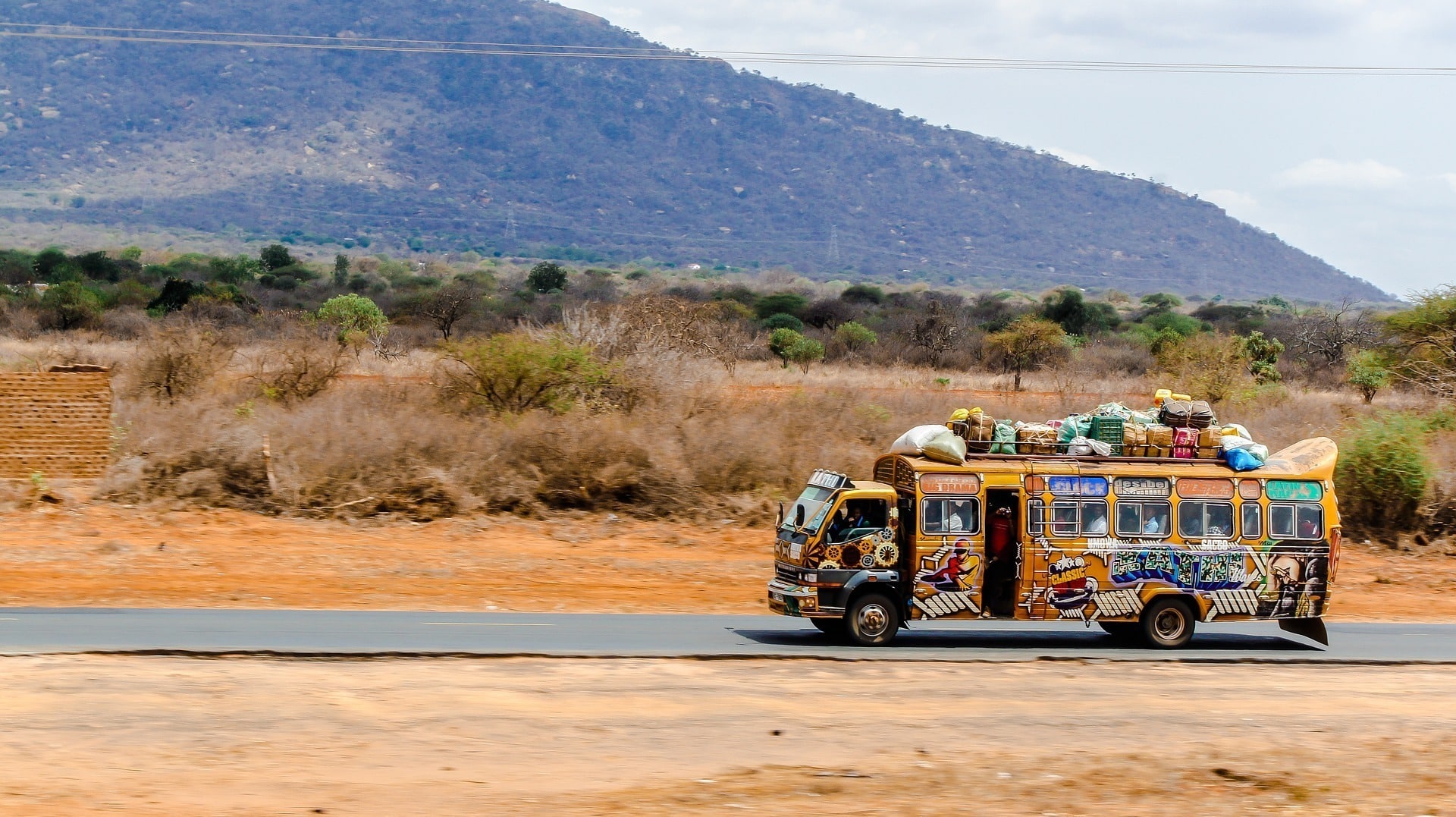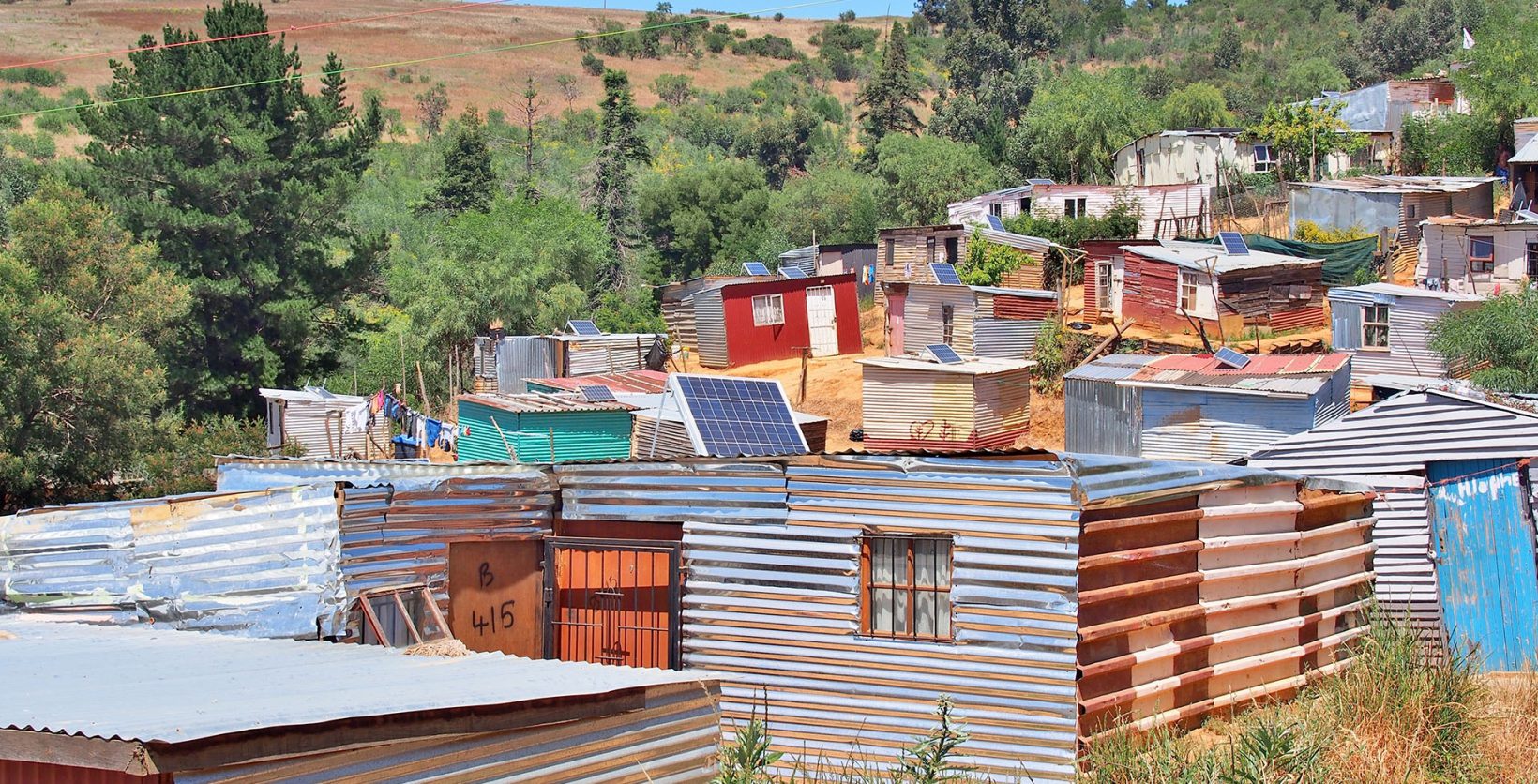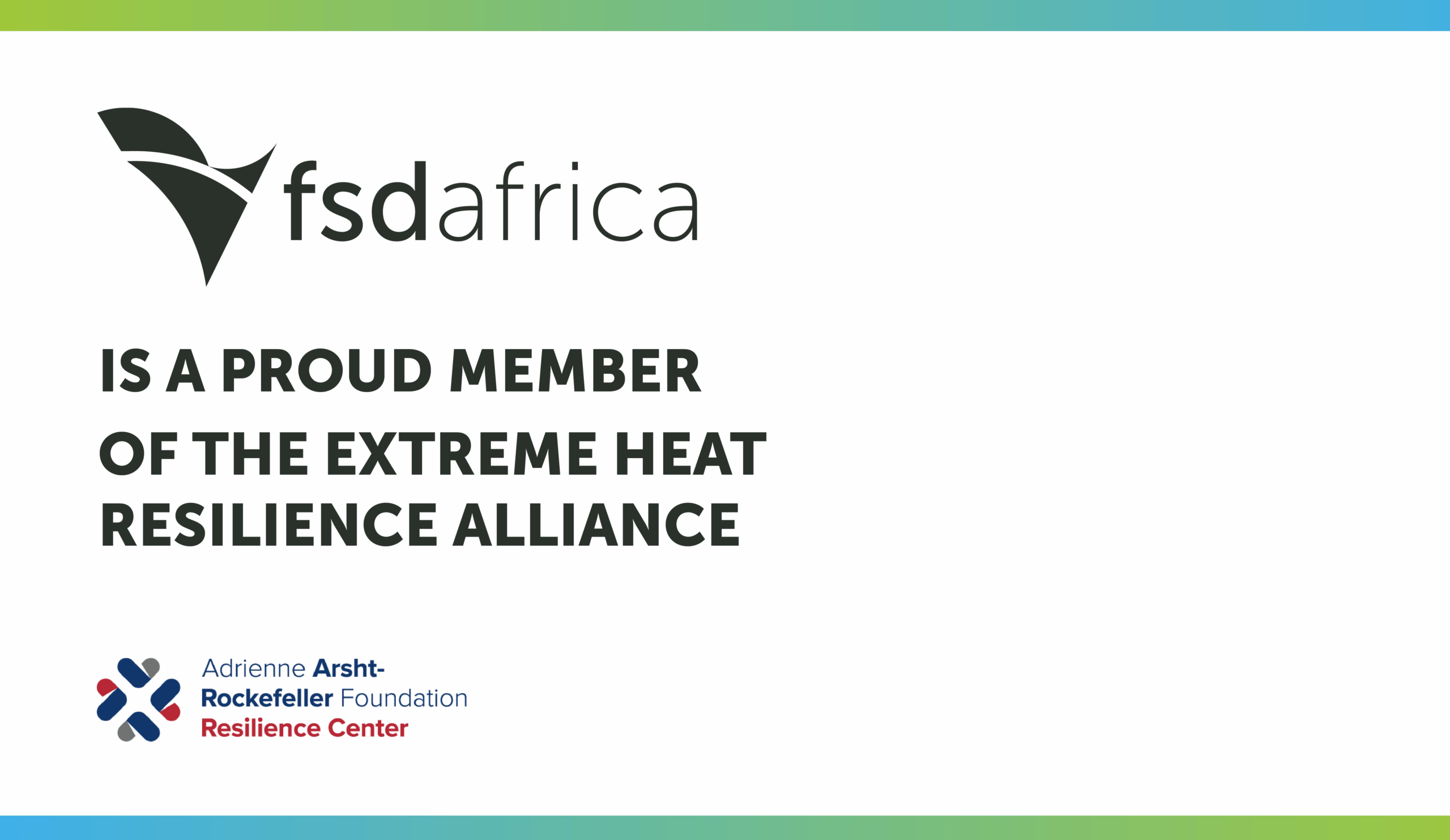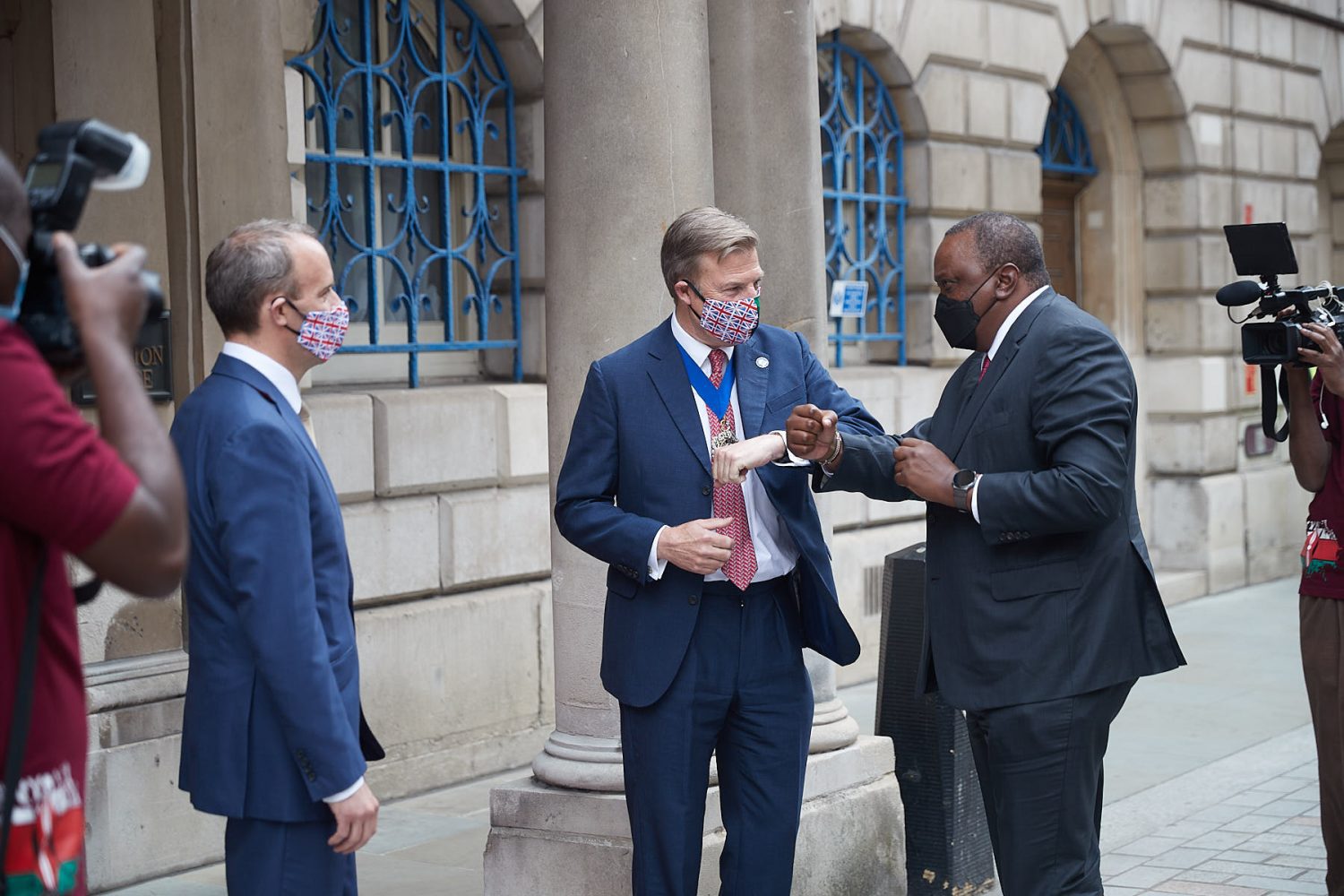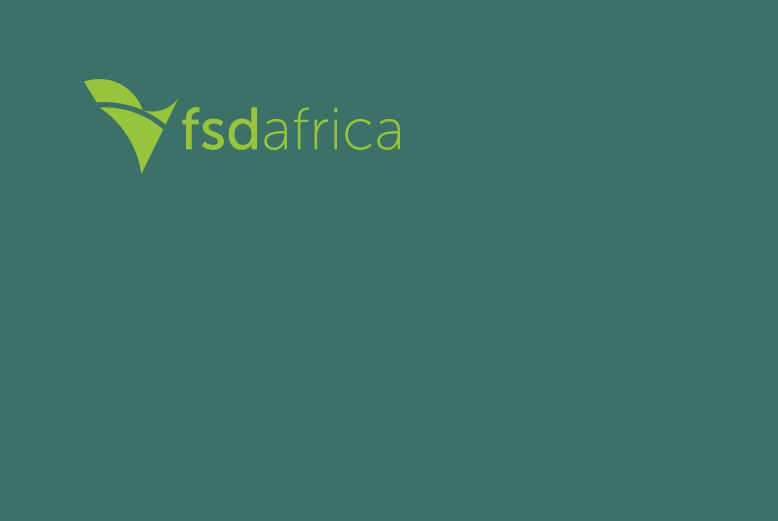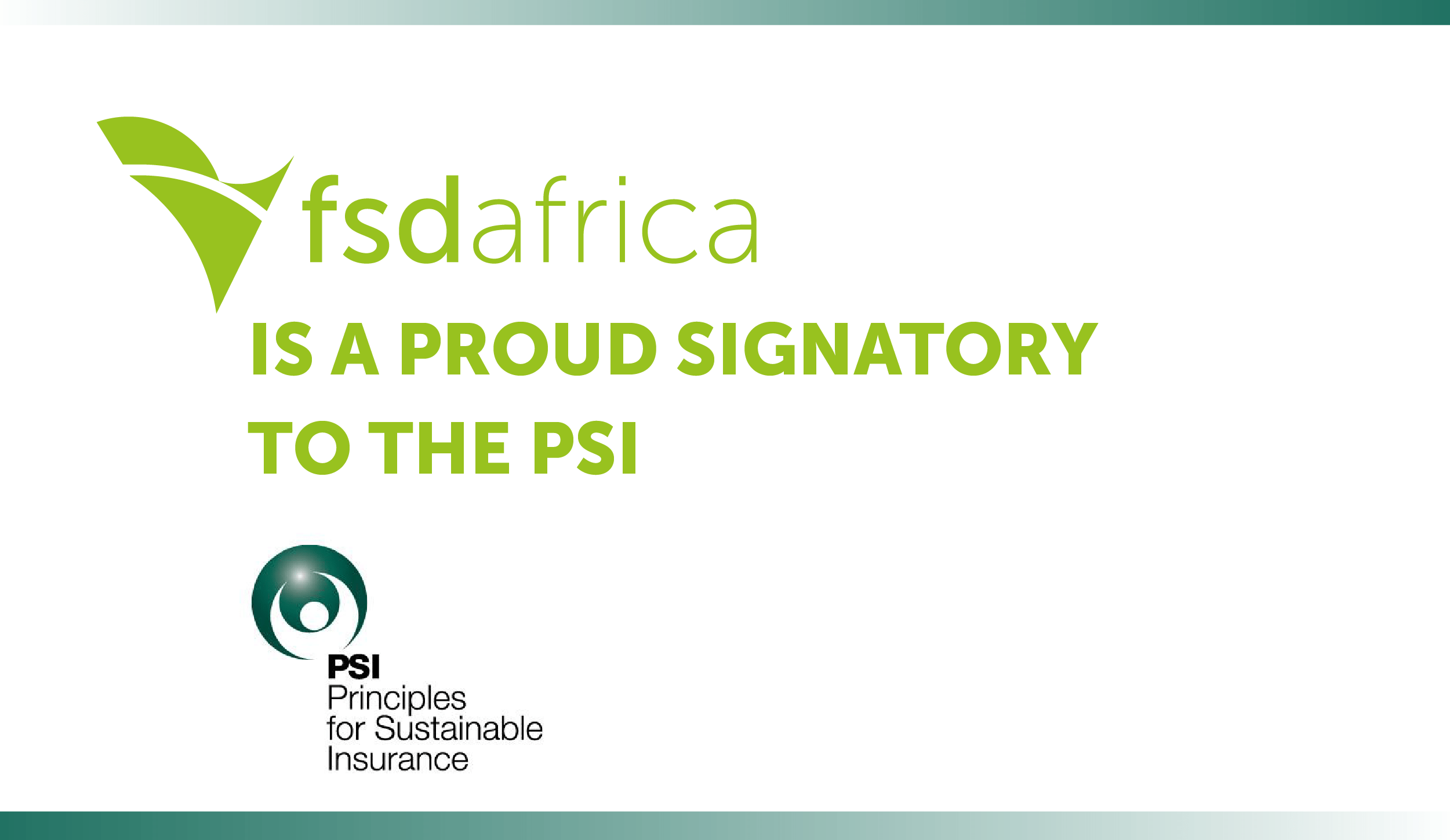Needed but not prioritised, relied upon but not trusted – these are just some of the perceptions that have characterised interactions with the insurance sector. The sector has been grappling with the challenge of delivering relevant products for a long time, especially to customers at the base of the economic pyramid.
Only 3% of Africa’s GDP is driven by insurance, which is less than half the world average of 7%. Yet, insurance provides a safety net from many external threats like natural disasters, health threats and economic disruptions.
This brings the question: why is there such a discrepancy, especially given Africa is no less exposed to many of the risks that insurance buffers against compared to the rest of the world? Remote locations, lower education levels and a lack of trust or experience with formal institutions have been key contributors to low insurance uptake in Africa.
According to McKinsey, Africa’s insurance industry is valued at about $68 billion in Gross Written Premium (GWP) whichbehind other emerging markets such as Latin America and the Caribbean. Uptake across the continent is also inconsistent with 91% of premiums concentrated in just ten countries; South Africa has the largest and most established insurance market and accounts for 70% of Africa’s premiums.
In Kenya, a 2019 report by the Insurance Regulatory Authority (IRA) showed that insurance penetration dropped from 3.44% to 2.34% over the last 9 years, an indication that the sector has not been successful at capturing the opportunities presented by the expanding economy.
These statistics clearly depict the protection gap that has left households and businesses vulnerable to shocks triggered by various risks.
Covid-19 has and is still placing significant pressure on the way the insurance business is conducted. The pandemic disrupted providers’ engagement with both regulators and consumers. A study by FSD Africa conducted in 2020 that took stock of the effect of COVID-19 across sub-Saharan Africa, showed that the sector ed to enhance digitalisation as the virus reduced mobility and social interaction amidst government-imposed restrictions. Digitising the sector would also improve access and efficiency of insurance products and services. Furthermore, the study showed that regulators also needed to adjust their service delivery processes of licensing, registration, data collection and product approvals by embracing new solutions.
The pandemic has without a doubt amplified the need to adopt regulatory technology (regtech) and supervisory technology (suptech) in enhancing the efficiency of reporting and supervision processes. There have been notable uptake in online distribution of products, customer-centric services such as the use of chatbots, mapping out trends, assessing risks, managing claims and even marketing. Bold start-up companies are behind some of these most ingenious innovations, with support from the sector’s long-standing players. For example, Lami, in partnership with more than 25 Kenyan underwriters, released its flagship mobile application in early 2020, enabling Kenyans to pay for insurance in instalments and pause coverage if they travel abroad. In addition, Bluewave and APA insurance recently launched an affordable digitally distributed health cover for low-income populations, costing less than USD 2 each month for a hospitalisation cash benefit and funeral expenses benefit of up to USD 500.
To leverage such innovations, Kenya’s Insurance Regulatory Authority, together with its partners, launched BimaLab, a pilot accelerator programme in 2020. The move is meant to enhance visibility and push for resources for talented insurtech founders of early to mid-stage start-ups. The programme will harness innovation for inclusion and enhanced access to insurance products and services with an aim of increasing insurance penetration in Kenya. The programme, now in its second phase and with FSD Africa’s involvement, has seen an increasing contribution of technology to insurance inclusivity through companies such as AiC Chamasure and Sprout.
AiCare is enabling motor insurers to conduct accurate motor insurance risk assessments. This is improving underwriting efficiency and reducing costs of insurance premiums. Chamasure has created a peer-to-peer microinsurance and savings platform which enables those who save through informal social groups to purchase insurance through the groups in case of death or accidents. Sprout Insure developed a faster claim processing solution for crop insurance making it easier for farmers to buy policies and receive timely pay-outs.
It is vital for regulators to balance the need to facilitate and promote innovation with the protection of consumers and the adequate management of the risks that may arise. In this regard, there are seven regulators across sub-Saharan Africa that are also shadowing the second phase of BimaLab programme with an aim of building an enabling regulatory environment. The programme will enable insurance regulators from Nigeria, Ghana, Rwanda, Uganda, Malawi, Zimbabwe and Kenya to adapt and evolve their supervisory processes to be more flexible and responsive to new innovations, technologies, and risks as and when they arise.
As technology advances in the insurance sector, it is important that regulators balance the need to promote innovation with the protection of consumers and the adequate management of the risks that may arise. In this regard, there are seven regulators across sub-Saharan Africa that are also shadowing the second phase of the BimaLab programme with the aim of building a regulatory environment that facilitates and welcomes innovation. The programme will enable insurance regulators from Nigeria, Ghana, Rwanda, Uganda, Malawi, Zimbabwe, and Kenya to adapt and evolve their supervisory processes to be more flexible and responsive to new innovations, technologies, and risks.
Insurtech is revolutionising an almost century-old insurance industry in Kenya, leading to its financial system becoming more accessible to low-income populations. With the trend being recorded across the globe, technology is reshaping the competitive landscape, challenging traditional structures to significantly improving access to insurance.
FSD Africa recognises the role Insurtech plays in increasing insurance penetration and coverage. Thus, we are exploring a pipeline of Digital innovation projects to support this Insurtech revolution and the reshaping of the African Insurance Industry.


